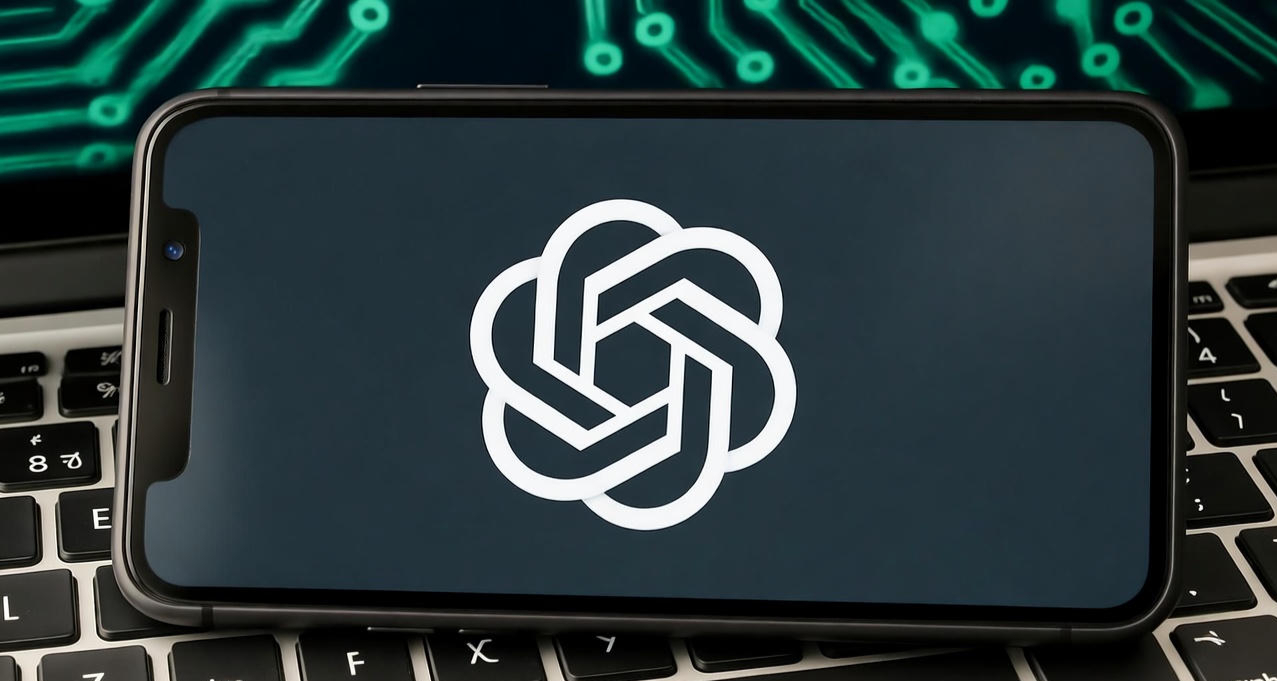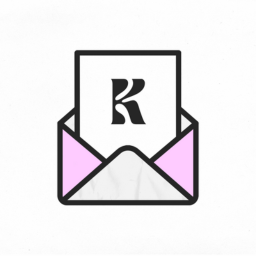OpenAI introduces third-party apps inside ChatGPT
The company is pushing to expand ChatGPT beyond a simple chat tool

OpenAI announced a major update to ChatGPT, allowing users to interact with third-party apps directly within the chatbot. The company launched the new feature on Monday during its annual developer conference, DevDay, calling it “a new generation of apps users can chat with.”
In a blog post, OpenAI said users can now connect with popular apps such as Spotify, Canva, Zillow, and Expedia inside ChatGPT instead of switching between different platforms or websites.
According to the company, they can perform tasks such as creating playlists, designing posters, or browsing homes without leaving the chat. For example, a user could type, “Spotify, make a playlist for my party this Friday,” and ChatGPT would bring up Spotify to generate suggestions based on that prompt. Similarly, users can ask Zillow to show available homes in their city and browse an interactive map, all without leaving the chat interface.
How the new in-chat apps work
OpenAI explained that these in-chat apps are designed to “fit naturally into conversation.” Each app can respond to natural language and display interactive elements such as images, forms, or maps directly inside the chat.
When users start a message with the name of an app, ChatGPT automatically detects it and brings the app into the conversation. For first-time use, ChatGPT will ask users to connect their accounts and inform them about what data may be shared. The company says ChatGPT can also suggest apps automatically when relevant to a discussion.
Apps available now and what’s coming next
Starting today, apps from Booking.com, Canva, Coursera, Expedia, Figma, Spotify, and Zillow are available for all logged-in ChatGPT users outside the European Union. These apps are accessible to users on Free, Go, Plus, and Pro plans, and they currently support English in markets where those services operate.
Users who already have accounts on these services can log in directly within ChatGPT to access familiar features such as playlists, bookings, or design templates. OpenAI plans to add more apps in the coming weeks, including DoorDash, OpenTable, Target, and Uber. OpenAI CEO Sam Altman said these integrations “enable a new generation of apps that are interactive, adaptive, and personalized.”
Developers’ access
OpenAI also introduced a new Apps SDK preview for developers, built on its Model Context Protocol (MCP). The SDK allows developers to build and test their own apps designed to run inside ChatGPT.
The company tried a similar developer push before through its earlier GPT Store, which let users browse and install custom GPTs. That product worked more like a traditional app marketplace, separate from the main chatbot. For this new approach, OpenAI is bringing apps directly inside ChatGPT so users can discover and use them in the same conversation.
Opening a submission process later this year is part of OpenAI’s plan. This would come with a public app directory and monetization options for developers, the company said. With over 800 million weekly users, the scale could give developers and brands a sizable audience to build for and engage with directly inside conversations.
OpenAI’s expansion beyond conversational chatbots
The introduction of in-chat apps is part of OpenAI's continued push to expand ChatGPT beyond a text-based chatbot. For instance, OpenAI recently launched Instant Checkout in partnership with Shopify and Etsy, allowing users to shop directly within ChatGPT. It also introduced Sora, a social app aimed at competing with TikTok in the short-form video space.

